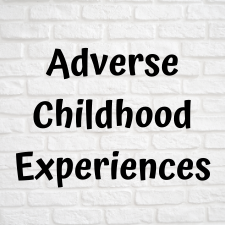
Somewhere along the way you have probably heard someone say that ‘attitude is everything.’ Arguably it may not be everything, but it can have a huge impact on what happens in your life, including when it comes to managing chronic pain. In fact, for some people, their pain-related beliefs may be exactly what are holding them back from getting some relief.
If you are someone with chronic pain, you already have thoughts in your head regarding what you think will work to bring you relief and what won’t help you at all. Whether someone mentions exercising, meditation, or any number of other chronic pain treatment options, your brain likely immediately has a thought about whether or not each would help you. The problem is, these preconceived ideas could be completely inaccurate and they could be keeping you from being able to better manage your chronic pain.
In a February 2016 issue of the journal The Clinical Journal of Pain, researchers found that the pain-related beliefs either supported or inhibited chronic pain patients’ ability to adhere to treatment recommendations over time. They found that things like self-efficacy, perceived disability, fear-avoidance beliefs, and perceived benefits and barriers all influenced treatment adherence behaviors (1).
There has been additional research on this issue, also suggesting that one’s beliefs influence their treatment adherence, including a study published in The Spine Journal. Researchers reported that psychological factors are believed to influence the development of chronic low back pain, and that fear-avoidance beliefs are associated with poor treatment outcomes (2).
The research has found that what your beliefs are about your treatment and whether or not it will be helpful actually helps to determine if you will stick to the treatment, which impacts whether or not it is helpful. It’s a good idea to consider where your beliefs regarding the treatment have come from, and if there are any merits to them. Going into the treatment assuming it will not be helpful is most likely not going to do much to help you.
The good news is that your beliefs about treatment are within your control, and you can make the decision to go into treatment with a positive attitude. When you keep a positive outlook regarding treatment, you will be more likely to adhere to it longer, and will most likely find better chronic pain management results in the long run. With chronic pain management, our attitudes and beliefs regarding treatment are part of what will help bring relief, or push us in the other direction.
Sources:
- The Clinical Journal of Pain. 2016 Feb;32(2):164-78. doi: 10.1097/AJP.0000000000000235.
< http://www.ncbi.nlm.nih.gov/pubmed/26735864>
- The Spine Journal. 2014 Nov 1;14(11):2658-78.
< http://www.ncbi.nlm.nih.gov/pubmed/24614254>







